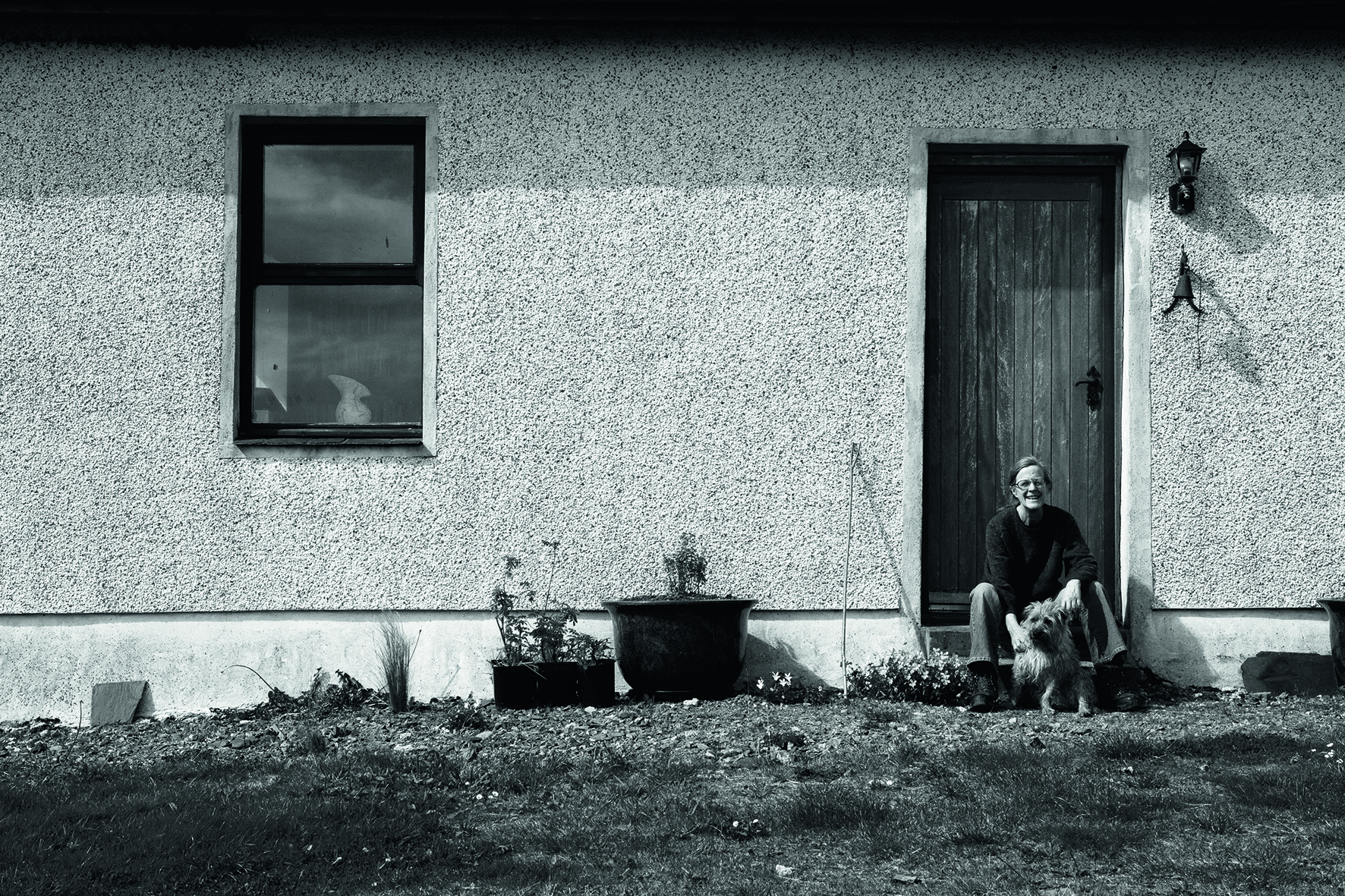Once upon a time – it was in 1965 – the god of hillwalkers and climbers had compassion on her growing number of devotees and the Mountain Bothy Association (MBA) was born. Over 50 years later, a surprising number of people – even of long-distance walkers – have never heard of bothies or don’t know what they are. This is rather sad, though in another way rather excellent for those who do use them.
A bothy is usually (there are exceptions such as the Beehive Bothy at Laggangairn on the Southern Upland Way, which is modern and purpose-built) a no-longer-useful shepherd’s or stalker’s or gamekeeper’s or estate-hand’s or someone’s erstwhile home: a redundant little house, a long way off any road. The roof is (usually) rain-proofed; the windows are (usually) glazed, and the door is unlocked. Inside, there is usually a fireplace, some wooden slatted sleeping platforms, a spade for you-can-guess-what and not much else. You will need to bring a sleeping bag and your food.
Sometimes there is rubbish left by someone more uncouth and selfish than you are going to be; sometimes there are other walkers already settled in. If there’s room, you’ll be welcomed and if it’s full, bad luck. (I have to say I have never been to a bothy and not found space.) Bothies are free and you cannot book in advance. The MBA manages and maintains just over 100 of these bothies – the majority of them in Scotland, but some in England and Wales – though it only owns one. The rest belong to the landowner, who can occasionally close them (for instance for stalking or during lambing) so check online before you go.
The code of respect
There are some basic rules, described as a “code”: respect the bothy (this means, inter alia clean up and douse the fire before you leave); respect other users; respect the surroundings; respect the agreement with the owner; respect the limits on numbers (groups of more than six, especially commercial ones, are not welcome); don’t stay too long. Oh, and sign the Bothy Book (it is not part of the code that you should read previous entries in the book, but I bet you do: it feels irresistible and companionable).
Another rather delightful aspect of the MBA is that all the repair and maintenance work is done by the members in ‘work camps’ – sort of ‘useful’ party events, which are well organised and for which no enormous skill is required, although obviously a certain level of fitness is needed. One of my nephews is a member of the MBA and goes on work camps regularly, because, he says, it feels so good to do something that is both enormous fun and socially useful in some of the most beautiful countryside in Britain (not just win-win, but win-win-win!).
And it seems to me that if you are one of those people who feels a deep longing for truly wild places, but also, perhaps sensibly, a bit nervous of just heading out there, then paying out £25 (or £15 if you are under 16, over 65 or otherwise eligible) for membership and signing up for a work party would be a rather glorious way of realising that longing. You get some supervision, you meet like-minded people sharing a desirable task, and you spend healthy time in some of the most spectacular, isolated, lovely wild places. Look at the images of bothies on the MBA website (mountain bothies.org.uk) and you will see what I mean.
